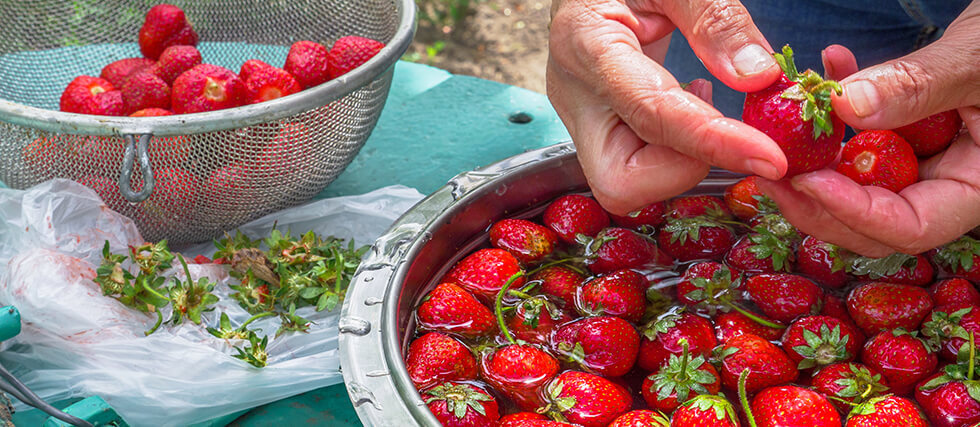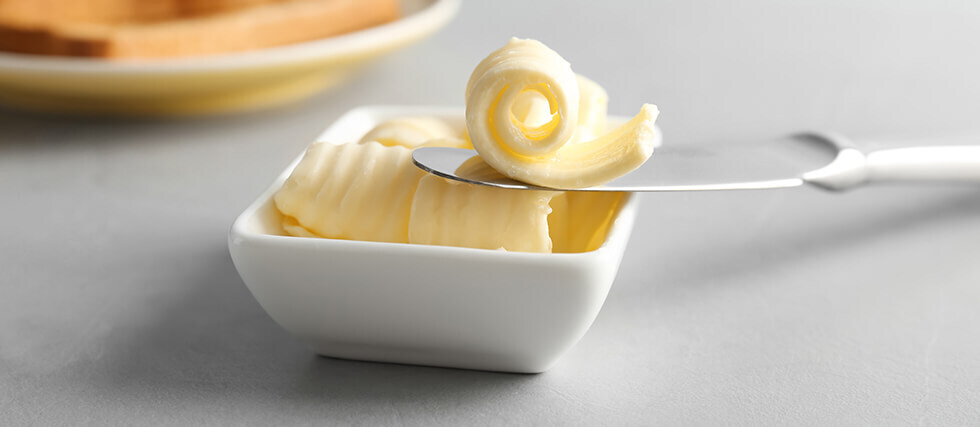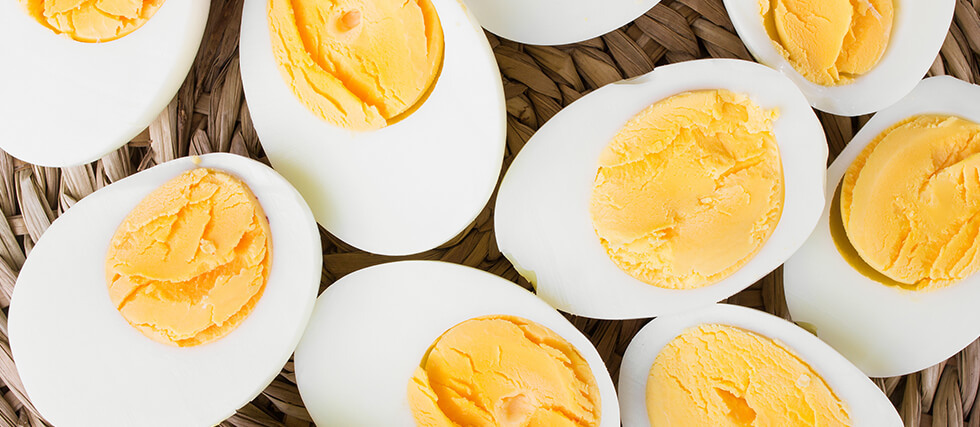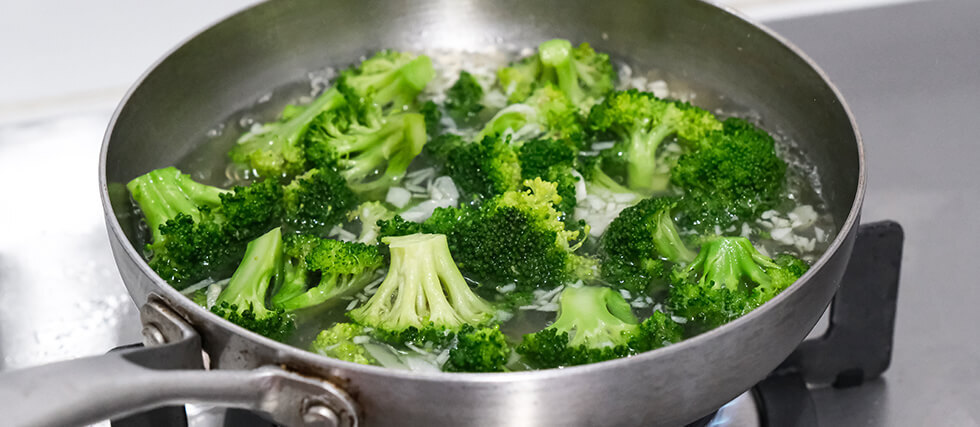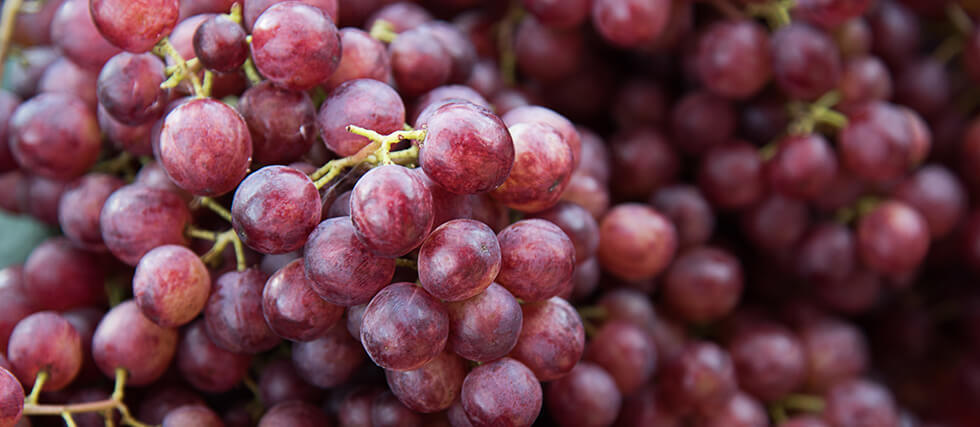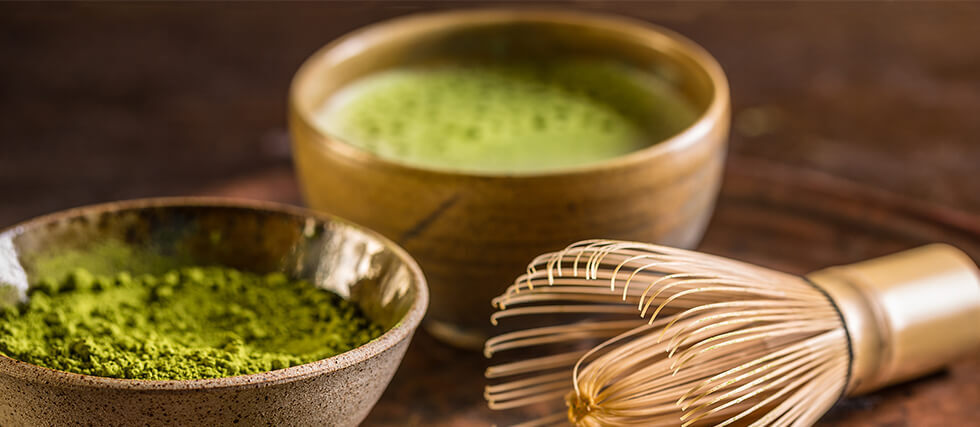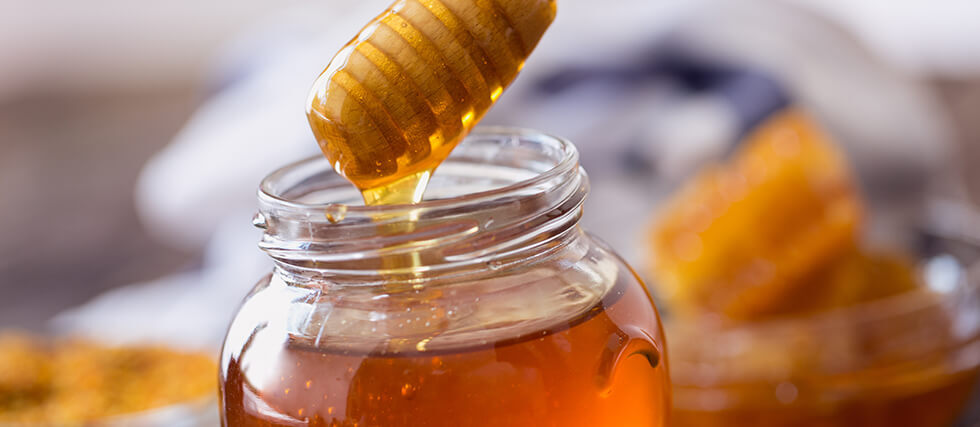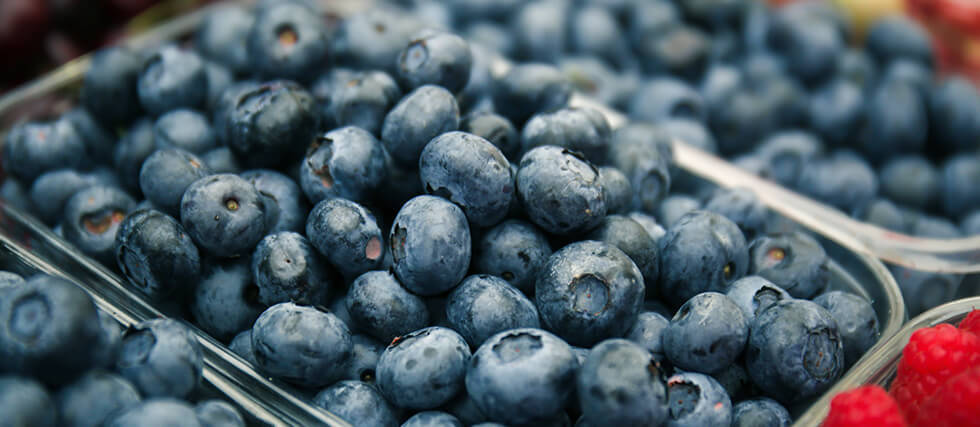Stop! Don’t Eat Those Berries Until You Do This First
Berries are a delicious and nutritious way to boost your diet but can also carry harmful viruses like norovirus and hepatitis A. These viruses don’t naturally grow on berries but can be introduced through improper handling, particularly during harvesting and processing. While the FDA implements food safety strategies to reduce contamination, taking the proper precautions at home is essential to protect yourself.


